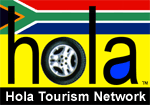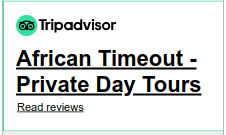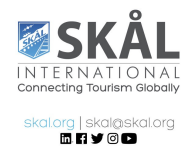
Located in north-central South Africa, Johannesburg is the country's largest and fastest-growing city, with sprawling suburbs fanning out from the central city to cover an area of 1,100 square kilometers (424.7 square miles). The nickname "eGoli" ("city of gold") evokes Johannesburg's origin as a mining town in the late nineteenth century. Today, it is still the capital of South African mining and commerce and home to the headquarters of the country's mining companies and major financial institutions, as well as headquarters to a variety of multinational corporations and transportation hub of southern Africa.

Johannesburg is also a city built on a history of racial division that achieved its most dramatic form in the twentieth century policy of strict separation known as apartheid. This legacy is apparent in the racial divide between its various districts and suburbs, ranging from the teeming streets of Soweto to the posh mansions of the northern suburbs. The political changes of the 1990s can be seen most readily in the central city, which has become a bustling multicultural area where thousands of street traders earn their living in the shadow of the city's giant skyscrapers, and a blend of African and European languages evokes the city's unique cultural and social history.









